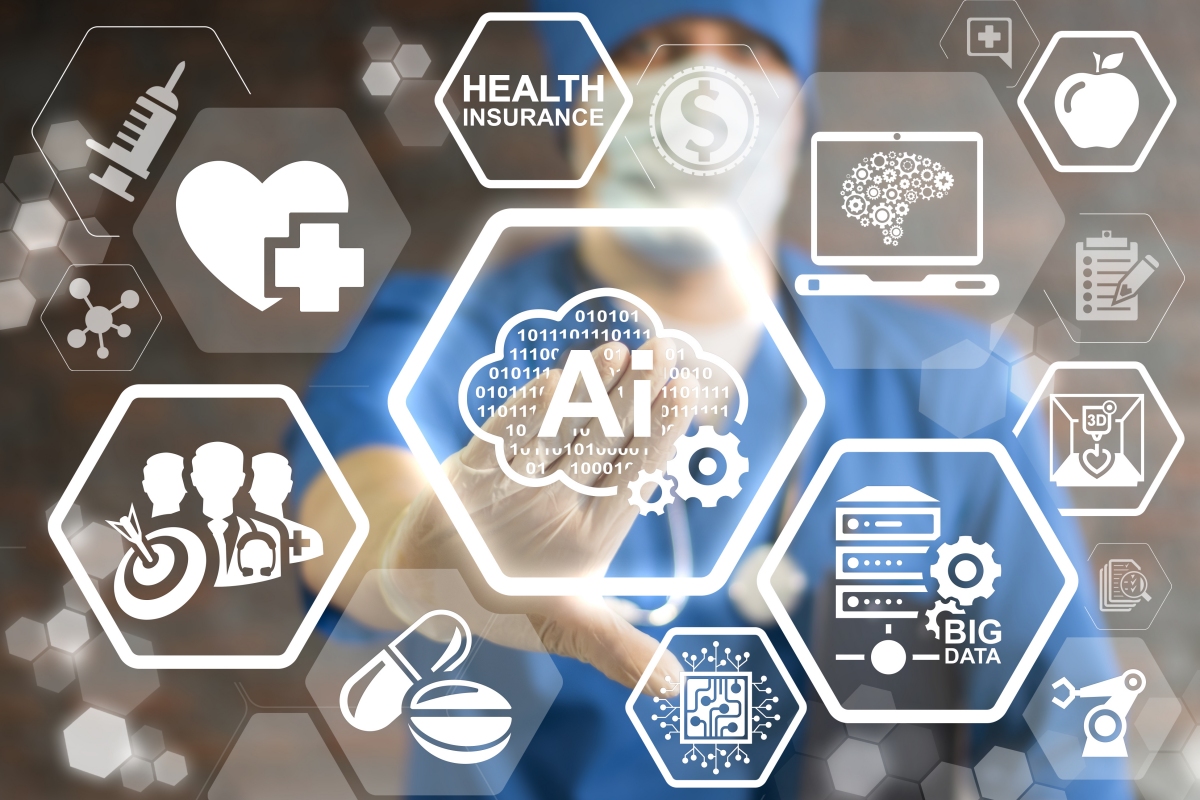Forward-looking: What makes AI particularly useful is the fact that it can recognize patterns in data that humans could never identify. Before the technology makes it into the doctor's office, however, researchers will need to get a better understanding of why AI makes the decisions it does and how it trains itself.

Researchers from the US and China have developed a deep learning system that could one day help doctors diagnose medical ailments.
As outlined in a paper published on Monday in Nature Medicine (via The New York Times), the AI was more than 90 percent accurate at diagnosing asthma in patients. By comparison, human physicians in the study were 80 to 94 percent accurate in their diagnosis.
Elsewhere, the software was able to accurately diagnose gastrointestinal disease 87 percent of the time versus physicians’ accuracy of 82 percent to 90 percent.

The study was led by Dr. Kang Zhang, chief of ophthalmic genetics at the University of California, San Diego. Dr. Zhang and his colleagues trained their system using electronic medical records of nearly 600,000 patients at the Guangzhou Women and Children’s Medical Center in southern China.
Gathering health care data from China to train deep learning systems is much easier than doing so in the US. Dr. George Shih, associate professor of clinical radiology at Weill Cornell Medical Center, said you’d have to collect from multiple locations in the US to get the same amount of data. “The equipment is never the same. You have to make sure the data is anonymized. Even if you get permission, it is a massive amount of work.”
It’ll be a while still before AI is advising your doctor. Ben Shickel, a researcher at the University of Florida who specializes in the use of deep learning for health care, noted that medicine is a slow-moving field. “No one is just going to deploy one of these techniques without rigorous testing that shows exactly what is going on.”
Lead image courtesy Panchenko Vladimir via Shutterstock. Second photo via metamorworks via Shutterstock.
https://www.techspot.com/news/78711-ai-demonstrates-competency-physician-assistant.html